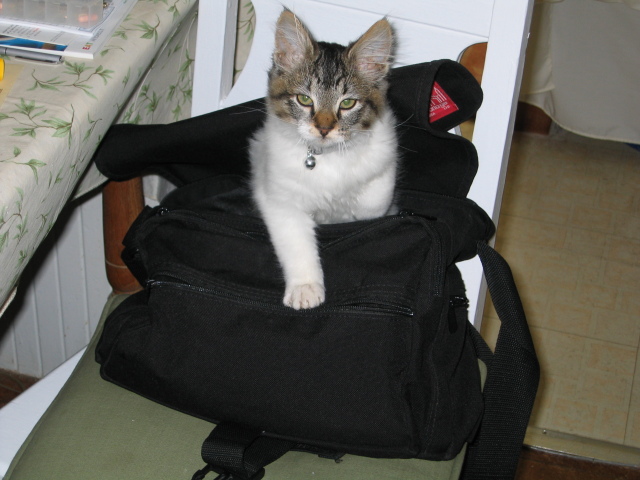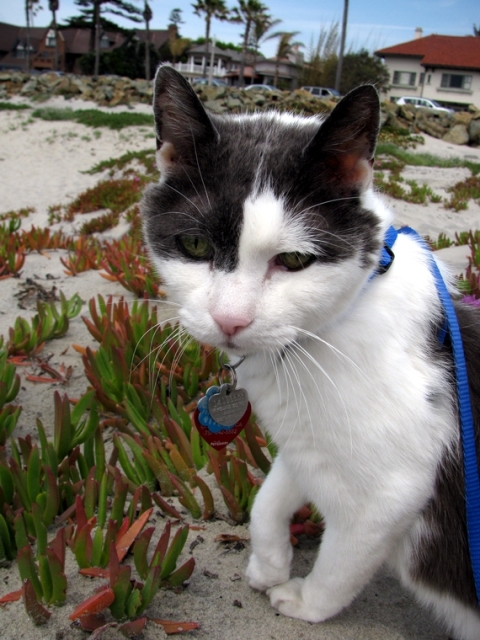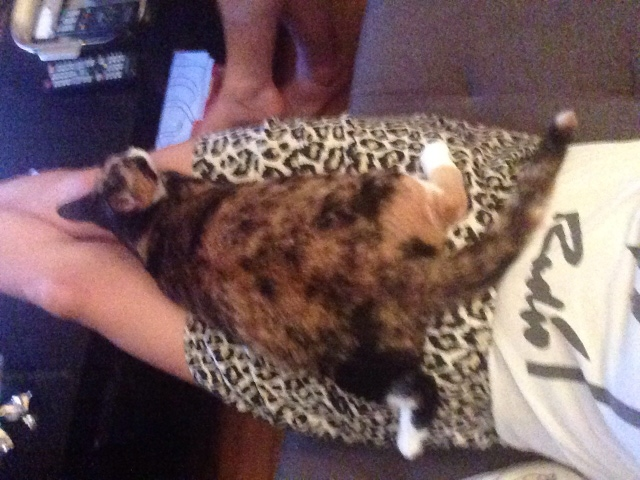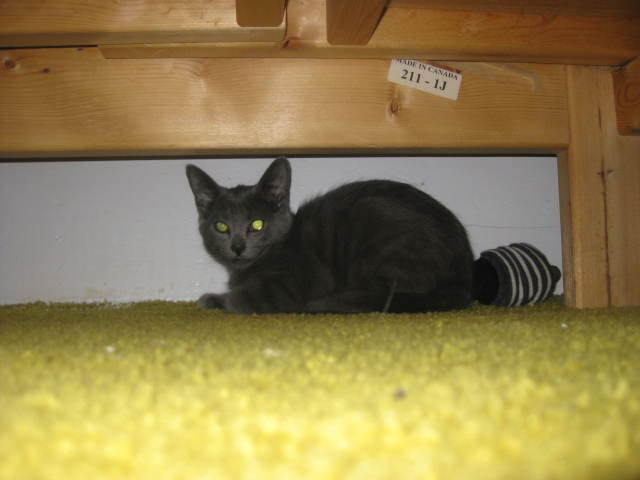QuestionI have a 16 year old 3-toothed, nearly blind neutered male that had started to have runny stools with slight blood in it. This went on for about 2 weeks then he couldn't control himself and defecated everywhere. We isolated him to a room and took him to the cat clinic. He was given an IV with fluids, and a blood check which came back OK except for some kidney issues. Dr said he was worried about the kidneys, but didn't know why the stools were runny. He gave him meds in the IV for the stools, and antibiotics just in case (was checked for worms at clinic). Its been almost 2 weeks, and his stools are still very runny ( no blood, however) He eats and drinks like a horse, and while he does sleep most of the day, when he's up and about he seems fine. Just his stools are very runny (liquid). We tried different food with no results. Vet said he felt no tumours. Cat has no worms. Is there something either he's not telling us ( He said Kidney issue has no relation to diarrhea) or other thing that would cause something like this? Thank you for your time, Tim
AnswerHi Tim,
When the vet ran the blood tests, did he include a thyroid test? This is usually an add-on test, but I would make an assumption that for a kitty of his age, the vet would probably go ahead and run this test to be safe. Overactive thyroid is very common in older cats, and it can cause diarrhea. If his thyroid wasn't checked, though, you may want to have that done.
If his thyroid is okay and the antibiotics aren't working, there are some other things you'll probably need to try. You might need to switch antibiotics. Most vets like to use Flagyl (metronidazole), but doxycylcine sometimes works better for bacterial infections. Also, you could ask the vet about a probiotic. This will add in "good" bacteria to help him control the bad bacteria in his gut. A great probiotic kit is Proviable. Your vet should have this or something similar available.
If none of this is helping within a few days, I would strongly suspect your kitty may be suffering from a condition called Inflammatory Bowel Disease. This is basically kitty Crohn's Disease, to put it roughly. Inflammatory cells line the intestines, and the cat develops chronic, severe diarrhea (or vomiting in some cases). This may be due to an overreaction to bacteria or a food ingredient, and it's believed that stress is a contributing factor, as well. The disease is not fully understood, but it seems to be an auto immune disease. The typical treatment is an oral dose of prednisone, usually beginning twice daily, then tapering down slowly until the lowest effective dose is reached. The prednisone reduces inflammation and also helps to suppress the overactive immune response that causes the condition.
That's certainly not an exhaustive list, but I would say those are probably your next steps to talk to your vet about. If he still doesn't respond, you may need to consider an abdominal ultrasound. I would probably avoid something more invasive, if possible, such as an exploratory procedure, considering his kidney issues.
Best of luck!
Jessica

 Injured tip of ear / Follow up
QuestionBagBoy
QUESTION: My 7-month-old cat, Har
Injured tip of ear / Follow up
QuestionBagBoy
QUESTION: My 7-month-old cat, Har
 18 year old cat has blood clots in urine
Question
Tucker
My 18 year old male neutered cat is hyp
18 year old cat has blood clots in urine
Question
Tucker
My 18 year old male neutered cat is hyp
 What breed/mix is my cat?
QuestionSugar and Oliver
QUESTION: Hi,
Im wond
What breed/mix is my cat?
QuestionSugar and Oliver
QUESTION: Hi,
Im wond
 Cat eating too much?
Question
Chickpea
Hello,
Ive attached a photo of
Cat eating too much?
Question
Chickpea
Hello,
Ive attached a photo of
 Shaking? Or is it from her purr?
Question
Prada Under our bed
We just adopted a Himalaya
Shaking? Or is it from her purr?
Question
Prada Under our bed
We just adopted a Himalaya